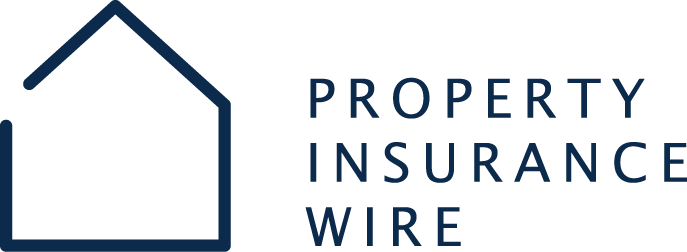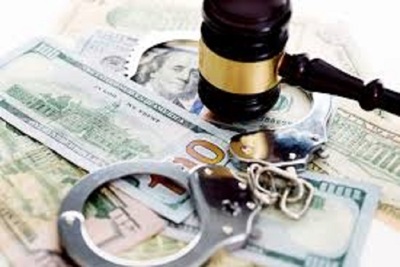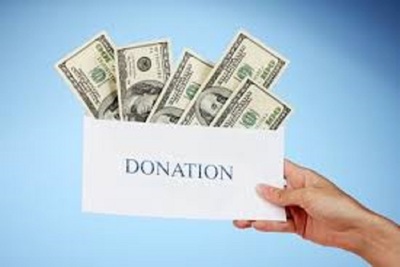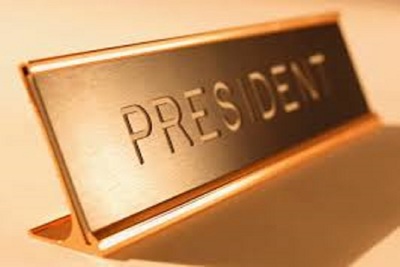Property Casualty Association of America issued the following announcement on Aug. 27.
HONOLULU — The torrential rain associated with Hurricane Lane created dangerous flood conditions and if residents have storm damage they should contact their insurer immediately to get the recovery process started, according to the Property Casualty Insurers Association of America (PCI). The goal of insurers is to help policyholders get back to normal life as soon as possible.
“Our thoughts are with those impacted by Hurricane Lane, and insurers are ready to help families with the recovery process,” said Mark Sektnan, PCI vice president of state government relations. “It’s important to contact your insurance agent or company as soon as possible to get the claims process started. Additionally, there are a number of things residents can do to help expedite the recovery process such as photograph the damage and make an inventory of what was lost or damaged.”
Hurricane Lane dumped more than 40 inches of rain on some parts of Hawaii which has led to widespread flooding, the potential for mudslides, and other dangerous conditions. PCI encourages those who evacuated to save all receipts from hotels and restaurants as they may be eligible for reimbursement from their insurer if your home experiences damage.
Generally, wind-related damage due to Lane will be covered by a homeowner’s hurricane policy, while damage for cars is covered under the comprehensive portion of the automobile insurance policy. Business owners are covered under their commercial policies. Check with your insurance company or agent for specific details regarding your policy.
Flood damage is typically covered through the National Flood Insurance Program rather than homeowners insurance. However, cars, trucks, and other vehicles damaged by flood water are typically covered under an auto policy’s comprehensive coverage. A flood insurance policy may also cover mudslide, but it must meet specific criteria defined in the policy issued through the NFIP.
If you sustain flood damage, but do not have a flood policy, there could be resources available to help you through the Federal Emergency Management Agency (FEMA). For more information, contact FEMA at 800-621-3362 or www.fema.gov.
PCI Storm Recovery Tips:
- Secure property from further damage or theft.
- Contact your insurance agent or company representative as soon as possible to report damage.
- Inventory losses and photograph damage to provide to your insurance adjustor. Save receipts.
- Check for safety hazards, such as downed trees, branches, downed power wires and leaking gas. Restore your utilities, phone service, gas lines, and other important links as soon as possible.
- Be prepared to list the “replacement cost” of each item and its actual cash value. Replacement cost is what it would cost today to replace an item with another one just like it. Actual cash value is what the item is really worth after deducting for depreciation and wear.
- As you seek contractors to make repairs, deal only with reliable, licensed professionals. Get written bids from the contractor, but don’t sign any contracts or give a deposit until you have seen your insurance adjuster.
- Homeowners & Renters
- Many standard homeowners and renters’ policies provide reimbursement of additional living expenses when the property is determined to be uninhabitable due to damage. This provision helps with paying for increases to necessary living expenses, such as temporary housing and restaurant meals. In addition, extra expenses, such as overnight parking and laundry services may also be covered. Additional living expense coverage does not pay for all living expenses, so contact your insurance company or agent for a list of what your policy will cover.
- Business Recovery Information
- If you are a business owner, keep detailed records of business activity that is negatively affected due to the storm and keep a list of extra expenses during the interruption. Prepare records to show the income from the business before and after the loss.
- Business interruption coverage is complex and will vary by insurers. It is important to read your policy and understand what is and is not covered.
- Flood Damage Recovery:
- Shovel or scrape the mud off your floors, furniture, and walls before the mud dries. Then hose down the walls with clean water, starting from the ceiling.
- Major appliances, such as refrigerators and stoves, can be washed and dried completely. In most cases, they will not be damaged unless they were operating at the time the water covered them.
- Diluted chlorine bleach can be used to clean household items, appliances, walls, and floors. This also will help control odors.
- Wood furniture should be dried outdoors, but not in direct sunlight. Remove drawers and other moving parts before they dry.
- Water and electricity make for a dangerous combination. Take the proper precautions to avoid electric shock.
- Food utensils and equipment should be washed thoroughly and sterilized before you use them.
- Any food that is open and exposed to flood waters should be discarded.
- PCI Hurricane Resources:
Online Magazine
2018 Insurance Checklist
2018 Hurricane Fact Sheet
2018 Insurance Claim Tips
Replacement Cost vs. Actual Cash Value
Contractor Fraud Tips
PCI Member Company Toll-Free Policyholder Claim Phone Numbers
Other Resources
National Hurricane Center (Check the current weather patterns here.)
FEMA
National Flood Insurance Program
Weather Ready Nation: Hurricanes
Red Cross – Preparing for Hurricanes
Insurance Institute for Business & Home Safety - PCI promotes and protects the viability of a competitive private insurance market for the benefit of consumers and insurers. PCI is composed of nearly 1,000 member companies, representing the broadest cross section of insurers of any national trade association. PCI members write $220 billion in annual premium, 37 percent of the nation's property casualty insurance. Member companies write 44 percent of the U.S. automobile insurance market, 30 percent of the homeowners market, 35 percent of the commercial property and liability market and 37 percent of the private workers compensation market.
Original source can be found here.








 Alerts Sign-up
Alerts Sign-up